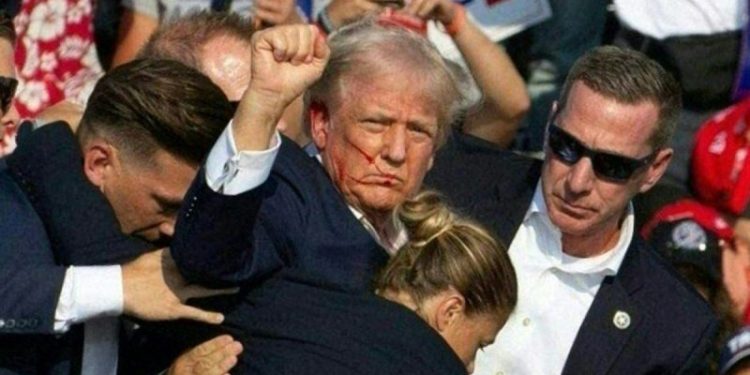In the dynamic sphere of today’s business, two trailblazing personalities, Elon Musk and Vivek Ramaswamy, have carved out niches for themselves with their innovative takes on entrepreneurship. While Musk, the co-founder of Tesla and SpaceX, is well-known for his endeavors in electric cars and reusable rockets, Ramaswamy, the founder of Roivant Sciences, has disrupted the pharmaceutical industry by transforming how biotech companies operate. Despite operating in different domains, they possess a shared ability to envision change and orchestrate phenomenal feats. As a result, it is compelling to see how these moguls can bring about a reinvention to the Secret Service.

The tenuous state of the Secret Service in recent times merits a drastic change. For centuries, the organization has been entrusted with the responsibility of providing a secure environment for national leadership and their families. However, it faces numerous challenges, from dealing with internal strain to catering to an explosive demand for its services. Revamping the service requires innovators who have navigated similar hurdles in their fields, and Musk and Ramaswamy are well-suited to the task.
To begin with, Musk’s successful management of SpaceX and Tesla provides excellent frameworks that could be applied to the Secret Service. His operational efficiency and an engineering mentality could potentially address the institutional intractability of the Secret Service. By employing first-principle thinking, Musk could overhaul the operational mechanism of the Secret Service by breaking down current policies into their basic components and reconstructing them more efficiently.
Moreover, Musk’s extra-emphasis on innovation and technological advancements could supplement the traditional methods of the Secret Service. With his extensive technological experience, Musk could integrate AI and machine learning algorithms into the organization’s strategy. This could not only enhance the agency’s ability to prevent cyber threats but also make it more adept at forecasting potential concerns. The Tesla CEO’s knack for being futurist could therefore be instrumental to the Secret Service’s transformation.
Vivek Ramaswamy, on the other hand, could offer valuable insight on the management aspect, given his impressive track record of steering Roivant Sciences. His disruptive business model, which capitalizes on inefficiencies in drug development, could be tailored to address the shortcomings in the Secret Service. This may involve identifying underused assets, improving operational efficiency, streamlining processes, and promoting a culture of accountability.
Ramaswamy’s expertise in leveraging outside resources for success can further reinvent the secret service’s modus operandi. His innovative ‘Vant’ model, where he breaks the company into smaller, more focused units, could be adopted by the Secret Service. This could help encourage specialization, foster a conducive environment for nurturing talent, and implement robust and targeted approaches to handle diverse security situations.
In essence, while Musk would bring in technological prowess and an engineering mentality to the Secret Service, Ramaswamy could offer his disruptive business model and management philosophy. Together, they could enable the Secret Service to adopt a more efficient






